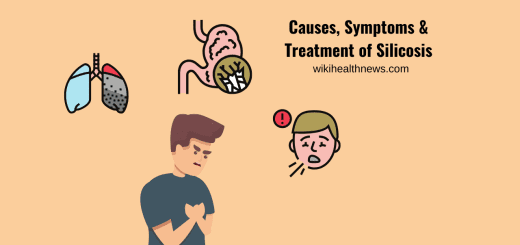How Much We Know About Alzheimer’s Disease

Alzheimer’s disease (AD) is the most common form of loss of memory. AD is a degenerative disease of the brain and the sixth leading cause of death in the elderly. Alzheimer’s disease (AD) is one of the most common problems for old peoples, genetic factors play a major role in determining a person’s risk to develop AD. AD includes two thirds of all dementia. AD is a progressive and an age dependent disease that leads to the irreversible loss of nerve cell, particularly in the cortex and hippo-campus of the brain. The clinical factors present progressive impairment in memory, judgment, decision making, orientation to physical surroundings, and language. Although the exact mechanism, prevention and treatment of this disease are under research, following few facts are worth sharing.
Cardiovascular disease patients and individuals with history of head injury show higher AD risk than normal.
A family history of AD in the first-degree relatives leads to a positive correlation with a fourfold increase in risk in developing the Alzheimer’s disease.
Aging is the most obvious risk factor for developing AD.
Environmental factors like; education, traumatic injury, oxidative stress, drugs, and hormone replacement can increase the risk of AD.
Metabolic disorders like Diabetes Mellitus, High cholesterol, High blood pressure, heart failure and stroke are major risk factors for AD.
Liver dysfunction increases the Aβ (abnormal amyloid-β) load in blood as liver is the major organ responsible for system-wide metabolic regulation, protein synthesis and metabolic detoxification. Liver tissue from patients with AD contains less Aβ than that from healthy individuals. It suggests damage to liver predisposes to Alzheimer’s Disease.
Kidney might participate in physiological clearance of Aβ by filtering Aβ from blood to urine. Renal dysfunction probably leads to impaired peripheral Aβ clearance and adds to the pathology of Alzheimer’s Disease.
Patients with AD have an increased incidence of respiratory disorders, such as bronchopneumonia, obstructive sleep apnoea (OSA) and sleep-disordered breathing.
Gut microbiota disturbance and infection can also lead to AD and supplements with probiotics improve cognitive function of brain in AD patients.
Chronic systemic inflammation, such as rheumatoid arthritis and periodontitis are associated with elevated levels of C-reactive protein and proinflammatory cytokines. These molecules could participate in AD pathogenesis either directly, by affecting brain Aβ metabolism.
Diagnosis of Alzheimer’s Disease is expensive and is done by neuroimaging techniques along with measurement of biomarkers in blood.
Currently, effective agents for AD prevention or treatment are lacking. Systemic management of an individual’s known risk factors, with the aim of maintaining bodily homeostasis, might help to prevent or slow the progression of AD.
www.femelife.com












